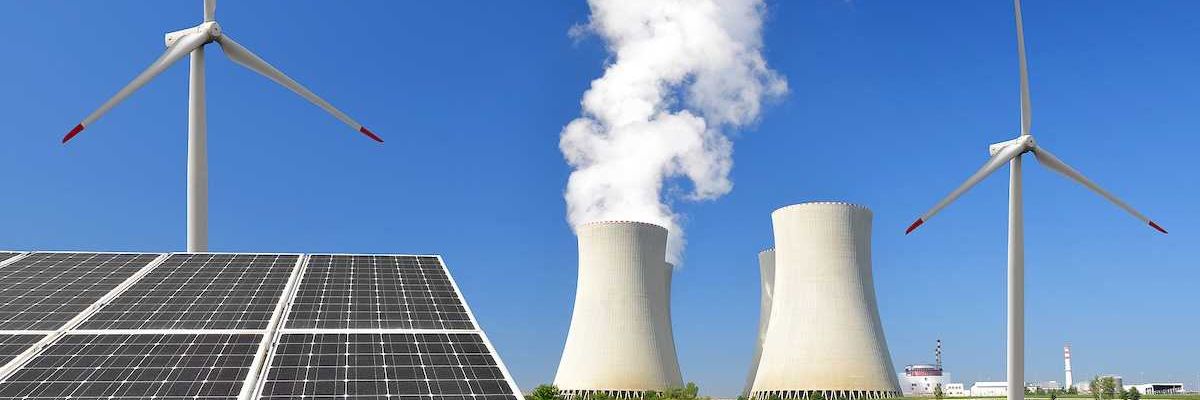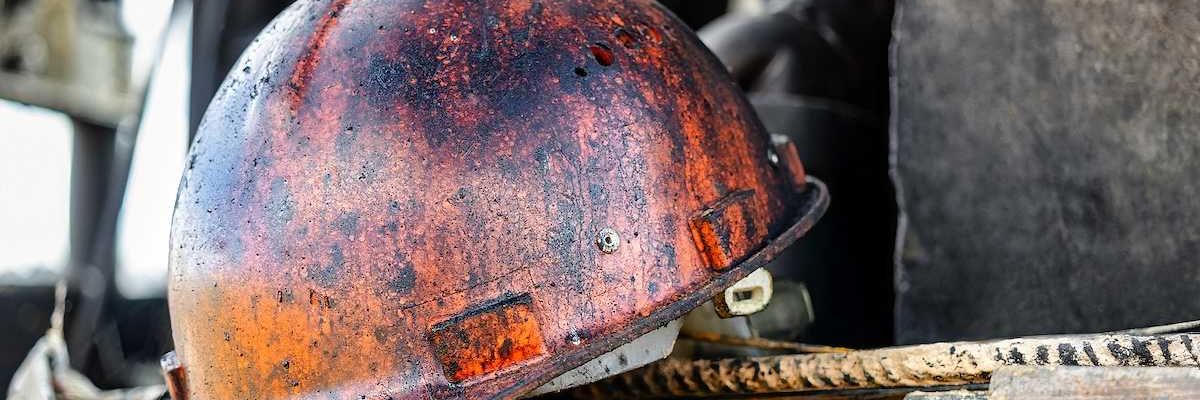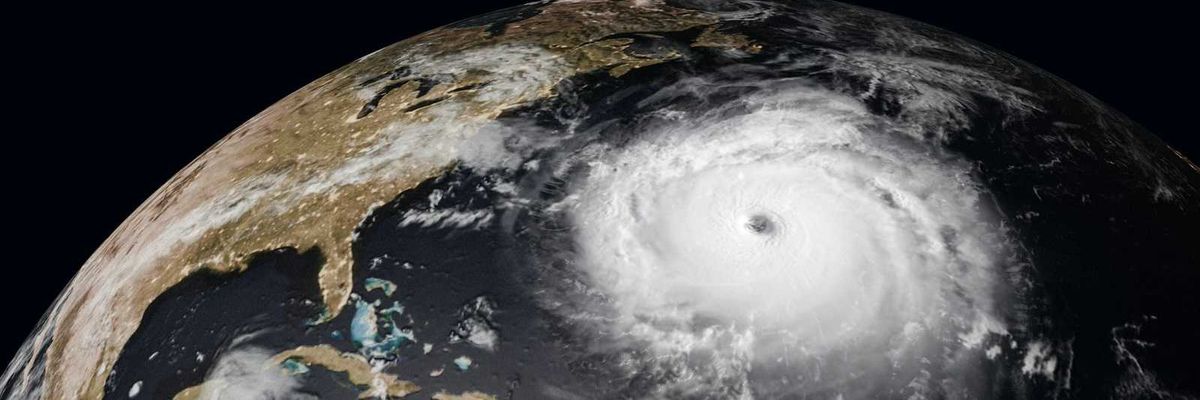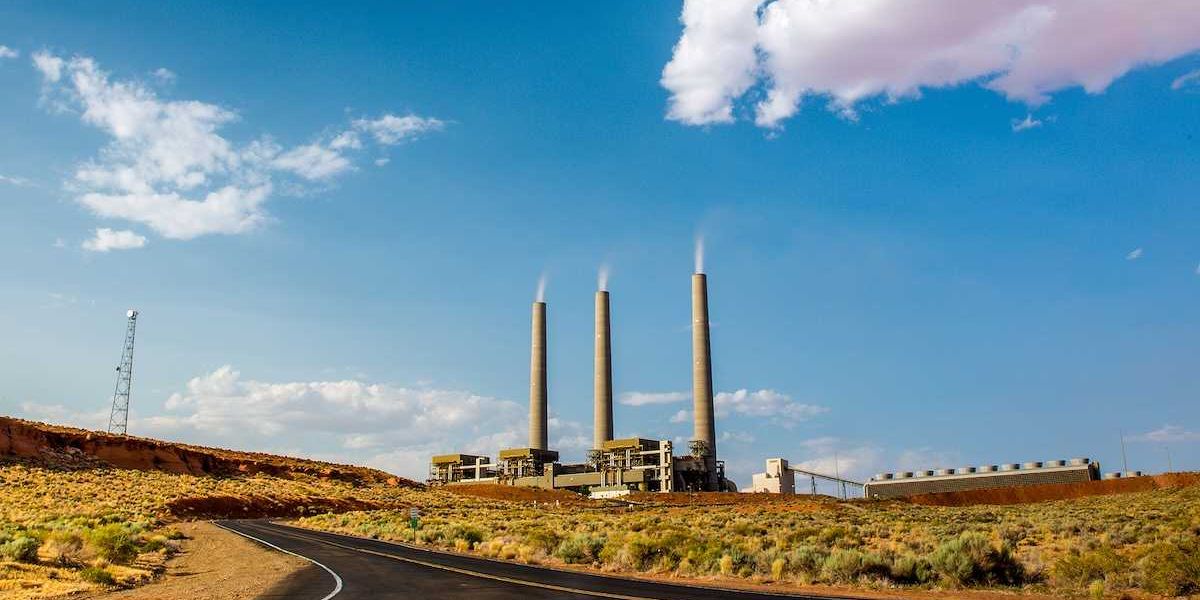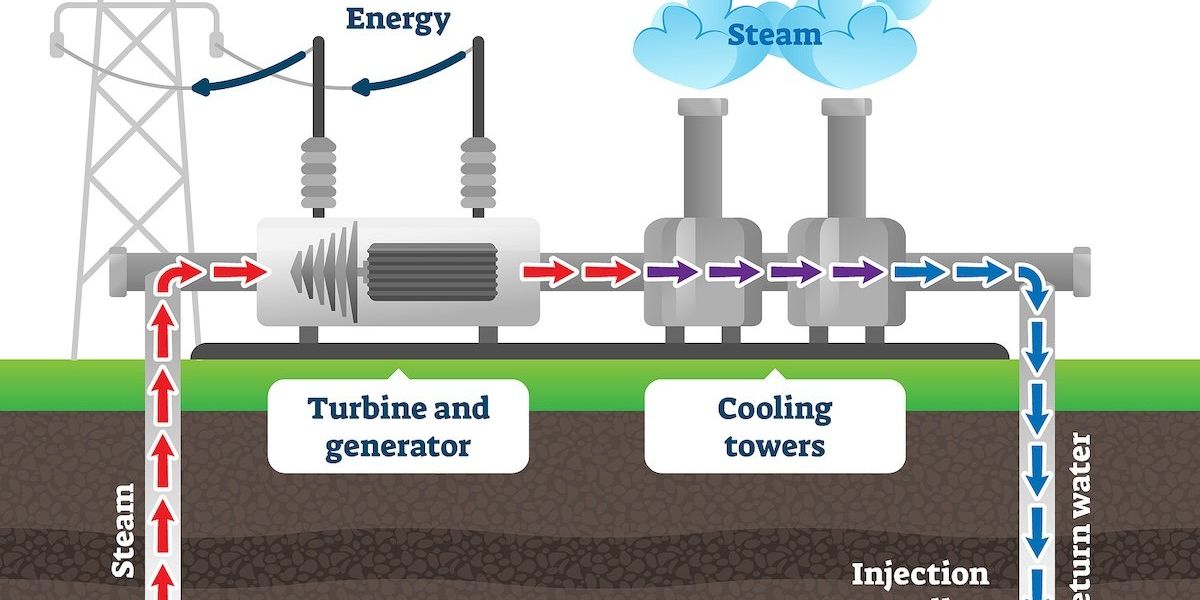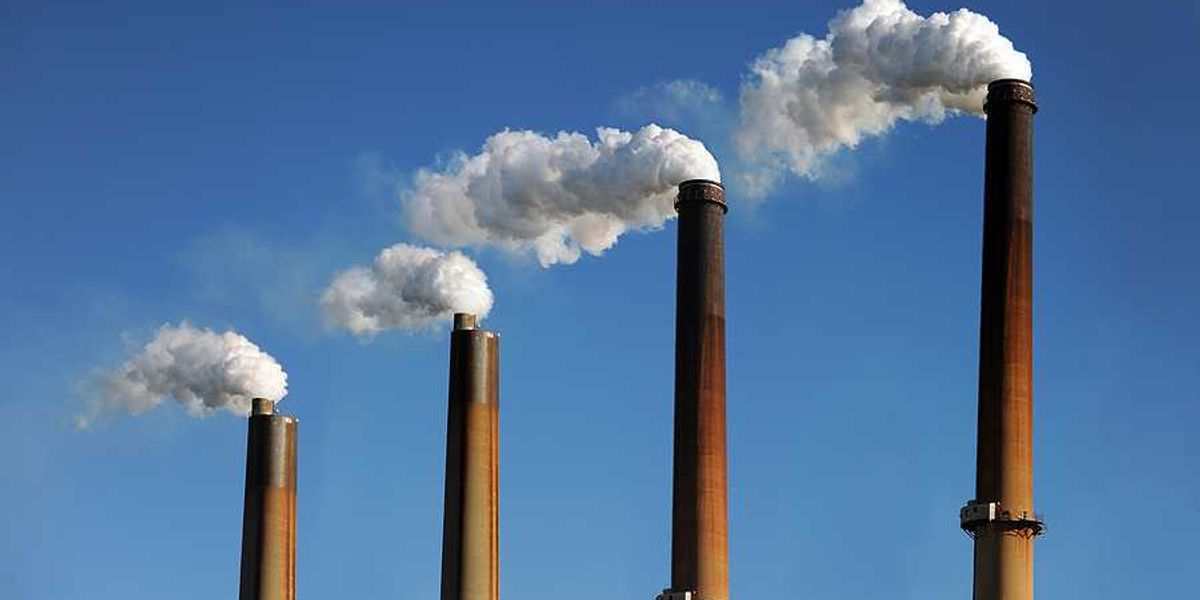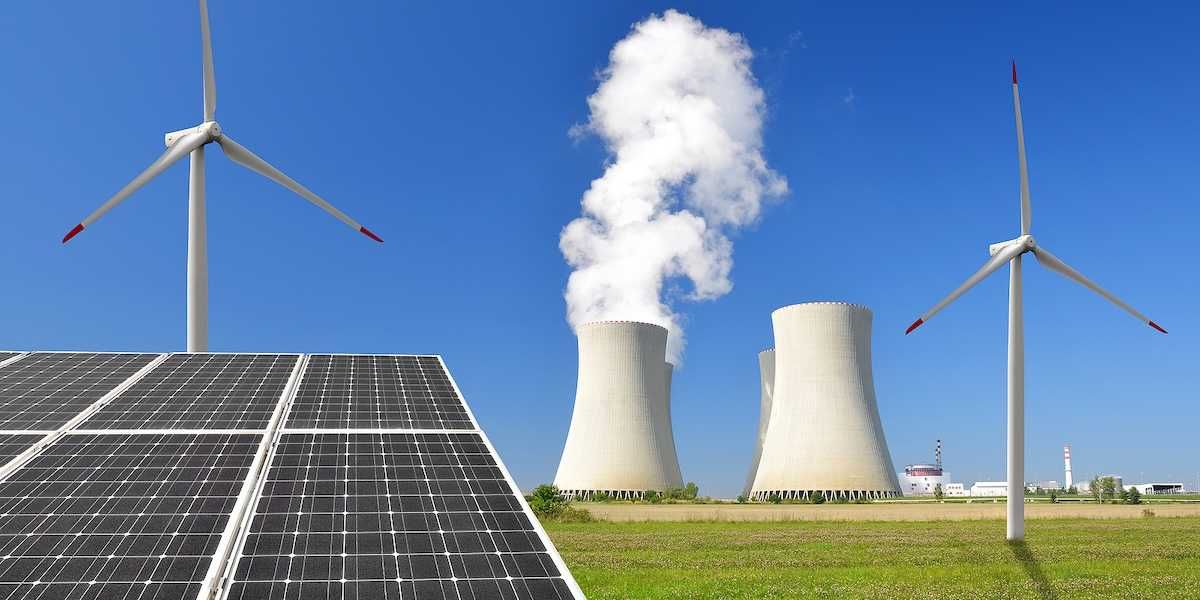cross-state pollution
Chevron ruling reshapes energy regulations and federal authority
The Supreme Court's decision to limit federal agency power will pose challenges for the Biden administration's climate policies and regulatory efforts.
In short:
- The Supreme Court's decision reduces the authority of federal agencies to interpret ambiguous laws, affecting regulations on emissions and electric vehicles.
- Legal experts anticipate increased litigation challenging existing and new regulations, particularly those related to climate change.
- Key Biden-era climate initiatives, such as emission reductions from power plants and electric vehicle regulations, face new legal hurdles.
Key quote:
“Where agencies appear to be carrying out sweeping and adventurous regulatory efforts to address our most pressing issues, that sort of effort is going to be immediately called into question.”
— Joel Eisen, University of Richmond law professor.
Why this matters:
This ruling could stymie efforts to mitigate climate change by increasing legal barriers to environmental regulation, potentially slowing down policies aimed at reducing climate-warming pollution. Read more: “Cancer Alley” residents exposed to more than the lifetime exposure limit for cancer-causing compound.
Supreme Court to examine EPA's authority on cross-state air pollution
The Supreme Court will scrutinize the Biden administration's efforts to regulate pollutants from power plants affecting air quality in neighboring states.
Robert Barnes and Anna Phillips report forThe Washington Post.
In short:
- The review focuses on the EPA's stricter pollution limits in 23 states, facing legal challenges and lower court setbacks.
- Controversial "good neighbor" rule demands significant emission reductions from power plants and industry, aiming to prevent health impacts.
- States like Ohio challenge the feasibility and economic impact of these regulations, highlighting potential energy production and grid security concerns.
Key quote:
"This is one of the single most important things we can do as a country to protect millions of people who live downwind from smokestack pollution." — Vickie Patton, Environmental Defense Fund General Counsel.
Visit EHN's energy section for more top news about energy, climate and health.


